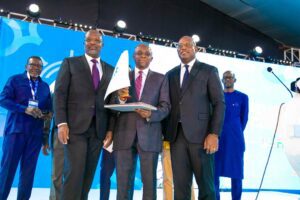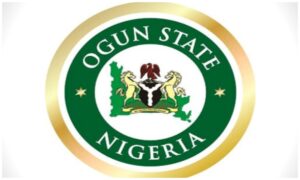
Nigerian banks brace for potential capital increase for regional, international licenses — Report
Banks in Nigeria may need to increase their capital base significantly in order to obtain regional or international banking licenses, according to a report by Cardinal Stone Securities.
The report suggests that banks may be required to boost their capital base by as much as N181.85 billion ($446 million) for a regional banking license, and up to N909.27 billion ($2.23 billion) for an international banking license.
The potential increase in capital requirements is dependent on the Central Bank of Nigeria’s decision to revert to the capital base to GDP ratios set in 2005.
These ratios ranged from 0.04 percent for regional banks to 0.22 percent for commercial banks. If the central bank decides to return to these ratios, banks will need to raise additional capital to meet the new requirements.
However, the report also highlights that the Nigerian government’s goal of achieving a $1 trillion GDP size within the next seven years may necessitate even higher capital base requirements. This suggests that banks may need to raise even more capital in order to support the country’s economic growth ambitions.
The potential increase in capital requirements could have significant implications for banks in Nigeria. It may require them to seek additional funding through various means, such as issuing new shares or attracting foreign investment.
It could also lead to consolidation within the banking sector, as smaller banks may struggle to meet the new capital requirements.
The report noted there has been a substantial decline from 2005’s recapitalisation exercise, as the requirements which ranged from 0.04 percent to 0.22 percent of the GDP in USD terms as of 2005, have dropped to a range of 0.00 percent to 0.01 percent of the GDP in USD terms as of 2024.
In 2005, the capital requirement for an international banking license was put at N50billion, which translated to $380 million at the time. The national bank capital requirement was put at N25 billion, translating to $190 million.
The regional banking license was put at N10 billion, translating to $80 million, and the merchant bank capital requirement was N15 billion, or $110 million. Using an exchange rate of N132/$ at the time.
As of January 19, 2024, utilising the exchange rate of N902.45/$, the Naira equivalent of the USD capital requirements as of 2005 suggests a capital base of N342.9 billion for an international banking license.
Additionally, it implies N171.5 billion for a national banking license, N72.2 billion for a regional banking license, and N99.3 billion for a merchant banking license.
Whatever basis the CBN may use for the recapitalisation exercise (capital base to GDP ratio or the USD equivalent of 2005), it should be noted that most Nigerian banks are positioned well to navigate the challenge.
As of September 2023, Nigerian banks boast a cumulative capital base of about N11 trillion.
Among the FUGAZ banks, Zenith Bank boasts a capital base of N1.92 trillion, UBA reports a capital base of N1.78 trillion, Access Holdings reports N1.64 trillion, FBN Holdings reports a capital base of N1.37 trillion, and GTCO boasts a capital base of N1.27 trillion.



